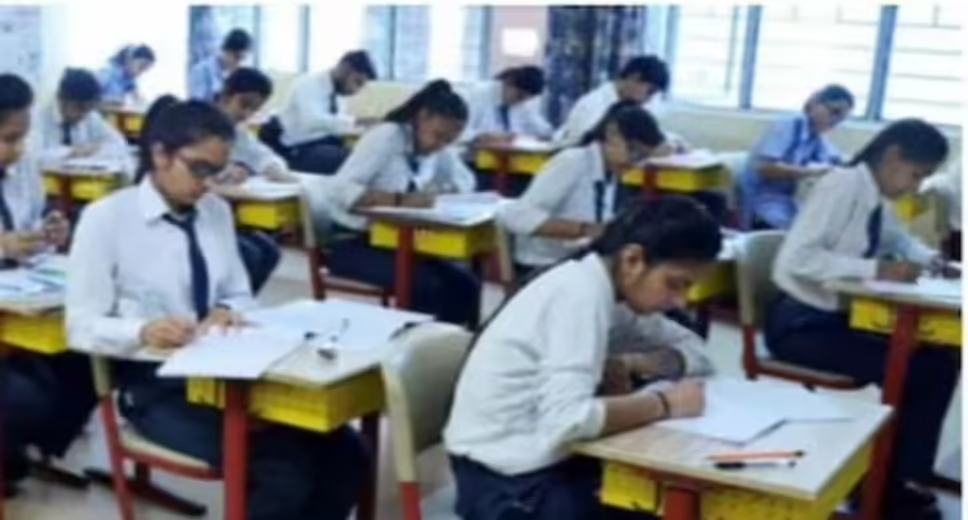Bengal Education Policy: Second, Third Languages Will Depend on Population Pattern of Area, Says Minister

The Education Minister of West Bengal, Bratya Basu, announced on Tuesday that students have the freedom to select their first language without government interference. Basu stated that the choice of second and third languages would be influenced by the population composition and cultural diversity of specific regions. He emphasized that the language predominantly used for communication in an area would become the medium of instruction.
Basu highlighted the flexibility of language choices, using examples such as Bengali for Kolkata, Nepali for the Darjeeling hills, and options like Alchiki, Rajbanshi, and Urdu for certain regions. He emphasized that the government isn't imposing Bengali as the second language; rather, the choice would depend on demographic factors.
The proposed three-language formula, applicable to upper primary levels, would involve students learning their first language, English, and a third language—either native to India or a foreign language. The policy draft suggested prioritizing Bangla, Hindi, or Sanskrit as third languages, if they aren't the medium of instruction.
The draft State Education Policy, developed by a dedicated committee for West Bengal, endorsed retaining the existing 4+4+2+2 structure. It recommended making Bengali a subject for students not studying in Bengali, starting from class 1 and continuing until the 12th level. The policy also suggested introducing a semester system in classes 11 and 12 to facilitate the transition from school to university.
Basu confirmed that the recommendations from the state education policy would be implemented by educational boards, councils in schools, and universities in colleges. In response to concerns about private schools, he mentioned the intention to ensure a degree of oversight without impeding their functional autonomy.
Addressing the New Education Policy (NEP), Basu stated that West Bengal had chosen to stick with the 4+4+2+2 structure instead of adopting the 5+3+3+4 approach. He clarified that higher education would follow a 4+1 system, involving a four-year honors course and a one-year post-graduate course, as opposed to the previous three-year honors and two-year postgraduate format.
The new education policy mandates that students in classes 5-8 learn three languages, with Bengali given priority. At the primary level, two languages will be taught, with one being the student's mother tongue. This policy was approved by the state cabinet on Monday.
